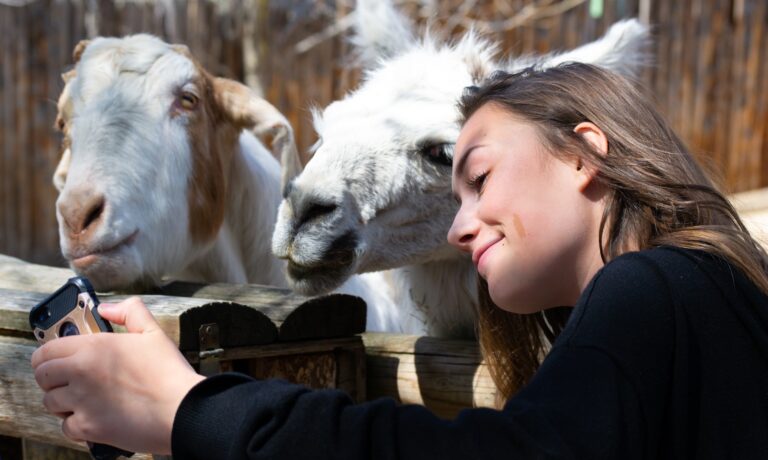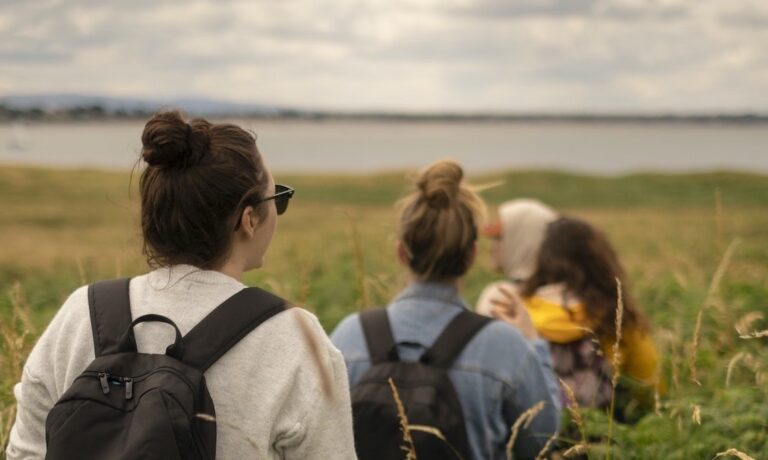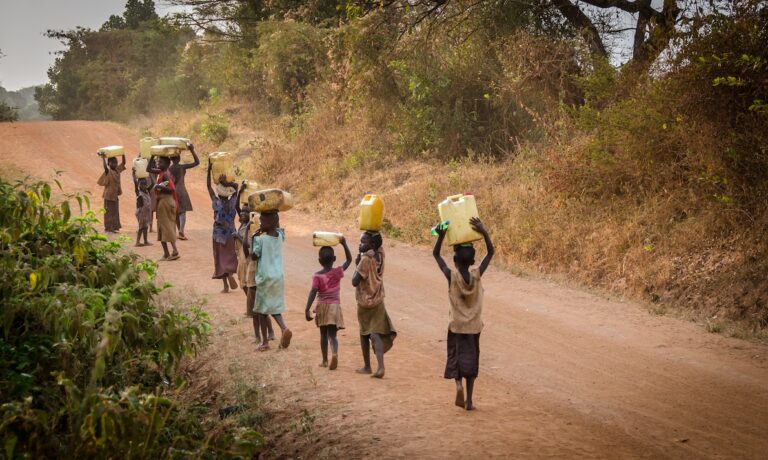Doti: diritti e opportunità per tutte e tutti
The project takes place in 11 cities and 10 Italian regions: Brindisi, Catania, L’Aquila, Locride, Milan, Palermo, Potenza, Prato, Rome, Udine, where our project partners are based.
Starting date
1 February 2022Duration
12 monthsRealized by:
Save The Children ItaliaObjectives
Taking care of 628 vulnerable children and teenagers at risk for social exclusion. Fostering the development of their competences and talents and ensuring that the crisis due to the prolonged closing down of schools and the increase in poverty doesn’t limit their ability to experiment and follow their passions.
Helping the local authorities involved in the project adopt an integrated care model to supply community educational endowments, i.e. educational goods and services, also in areas where there are no Punti Luce (Spotlights, i.e. spaces offering education opportunities).
With the “DOTi_Diritti ed Opportunità per Tutte e tutti “(Endowments_Rights and Opportunities for Everyone) project, Save the Children continues its activities with educational endowments that the Istituto Buddista Italiano Soka Gakkai already financed through its 8×1000 funds from 2020. Now the focus is on strengthening community endowments. As a tool, educational endowments work on resilience and competences and keep providing a concrete answer to the needs and rights of children and teenagers. The experiments carried out with community endowments have further underlined the role of the educating community in providing answers, cohesion and solidarity.
For example, for children aged 6-13 the project foresees the following:
- supply of essential goods to guarantee their right to education (backpacks, pens, notebooks, educational kits, text books, tablets, payment of school canteen expenses, etc.);
- after-school activities;
- summer camps at the seaside, in the mountains or other cities, or school trips.
Teenagers aged 13 – 17 will have:
- the possibility to choose the most suited education career after lower secondary school will be granted by covering enrollment fees, expenses to purchase school equipment, public transport tickets to school etc.;
- the possibility to learn a profession in case they decide not to complete their upper secondary education (training courses in tailoring, carpentry, cosmetology, cooking; or payment of the equipment needed to attend those courses).
Today in Italy more than one million three hundred thousand children and teenagers live in absolute poverty, that is 13.6% of the total. In just over ten years physical poverty increased by ten percentage points and in 2020 it reached the highest value in the last 15 years.
The COVID-19 emergency has further increased the inequality gap and decreased access to all those opportunities to experiment and learn that are fundamental for growing up. When schools closed down our country showed it wasn’t ready for technology: its use and availability – alongside internet connection availability – is still not for everyone. Distance-learning was fundamental, but many children and teens were left behind as they could never access it, or they could but not continuously, and/or they didn’t receive the support they needed or didn’t have the space they needed to participate. This has had dramatic consequences in terms of early school leaving and increase in poverty in education. Those already in fragile and vulnerable conditions run a higher risk of taking a route that will lead to them becoming a so-called NEET or to illegal employment and crime.
All this has further highlighted the need to guarantee an inclusive education and free access to high-quality education opportunities which are key to break the cycle of poverty transmission and create the social elevator that is needed for Italy to recover.



